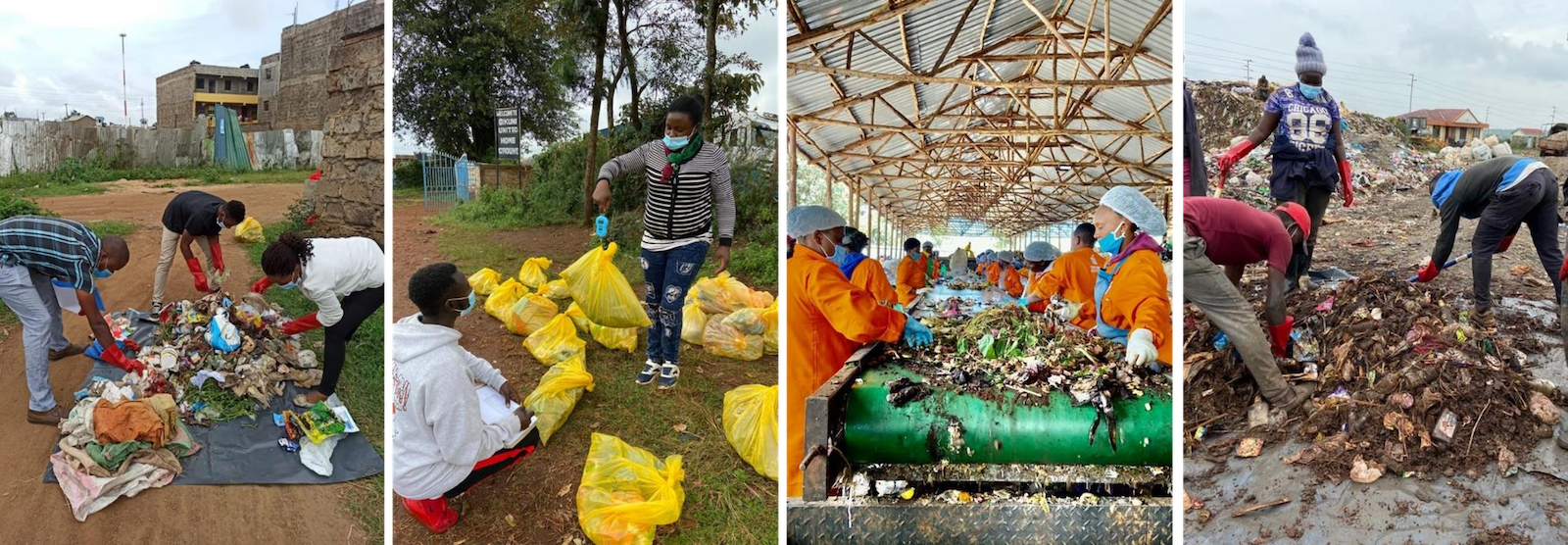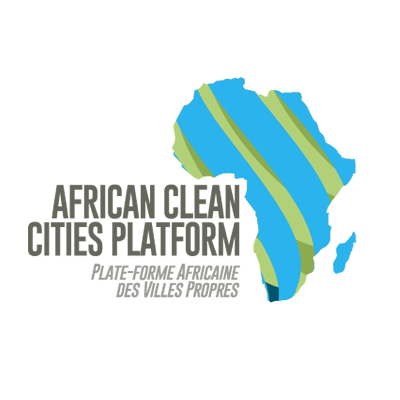COVID impacts on SWM system in Kiambu

COVID-19 has impacted immensely the world’s poor. World Bank reported 97 million more people were pushed into poverty as a result of COVID 19 in 2020 alone. In 2020 to 2021, UN-Habitat and JICA collaborated in the survey conduct on the impact of COVID-19, particularly with focus on the provision of basic services (e.g. public transport and waste management) as well as the livelihood of slum dwellers. The key finding of the survey are as follows;
Slum living condition:
- More than 65% of households in the surveyed informal settlements were living on less than10,000 Kshs (equivalent to 100 USD) in Kenia or 300,000 Ushs (equivalent to 85 USD) per month. Income sources of these people are mainly daily labour jobs in the informal economy, which has been most severely hit by COVID-19 containment measures in both countries, resulting in a high number of job losses.
- An average of 77.7 % of the children had no access to learning opportunity over one year.
- Economic slow-down which resulted in many losses of income resources or unemployment and school closure imposed a challenge of food insecurity, where on average 86.5 % of the households cited reasons of missing meals “lack of money to buy food”.
- on average, 90.2% of households in the surveyed area have no access to basic waste collection services.
- Basic Services such as a provision of basic water and sanitation services, as well as access to health care services are limited, e.g. Kiambiu (Nairobi) whose population is 45,995 having only 8 stations.
Public Transport:
- A 54% of respondents in the transport survey in Nairobi said that they had stopped using public transport (matatus) due to job-loss, and 24% of respondents stopped using public transport because of their fear of contracting the virus.
- Although approx. 86% of respondents expressed interest in use of non-motorized transport such as cycling and walking, cycling lane and pavements in Nairobi are insufficient.
Waste Management:
- A 30% of waste disposed in final disposal site in Kiambu county was decreased. Many causes could be considered including economicslowdown resulting in the waste generation reduction(e.g. closure ofrestaurants and markets), reduced collection frequency due to the change of working hours and reduction in waste collection fee payment by households.
- Given situation, more waste remains in the environment.
- the closure of international borders and in turn banning recyclables to be ferried, many operators experienced a fall in the prices of recyclables. On top of this, recovery rates in Nairobi and Mombasa are decreased, which are 4% and 2 % respectively. This results in the loss of income resources of waste pickers and/or unemployment.
The new coronavirus has revealed a number of challenges, including reduction of income resources or unemployment due to overall slowdown of economic activity, lack of urban basic services in slums and poor urban transport infrastructure. These challenges have accelerated poverty and execrated existing problems with a direct impact on low-income groups, precisely, slum dwellers, waste pickers, etc, which means the efforts made by the international society to date have been set back.
ACCP will continue to provide supports and information to resolve these issues by expanding collection services in density populated areas, stimulating recycling activities, and improving the working condition of waste management workers including waste pickers.
Related link:
